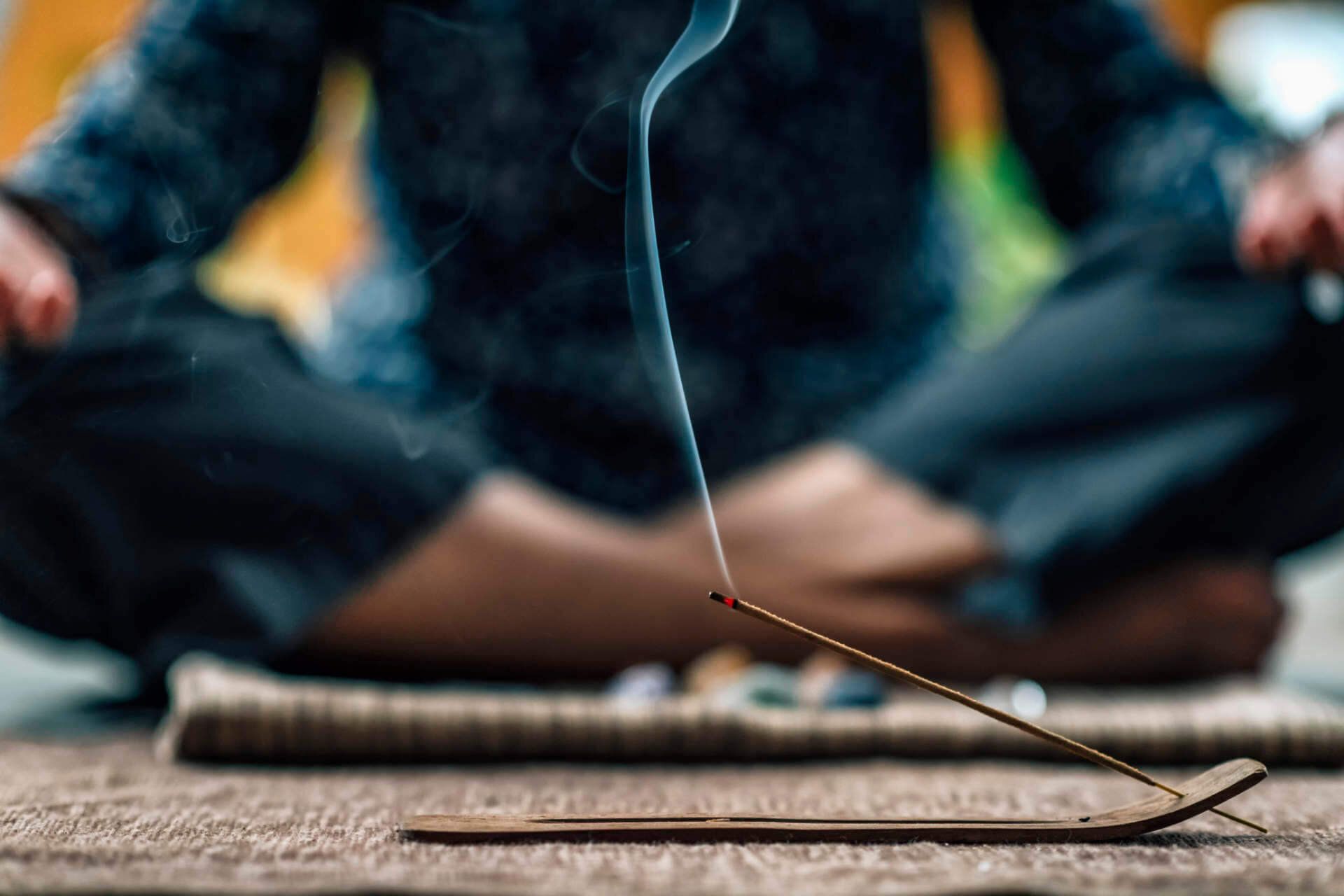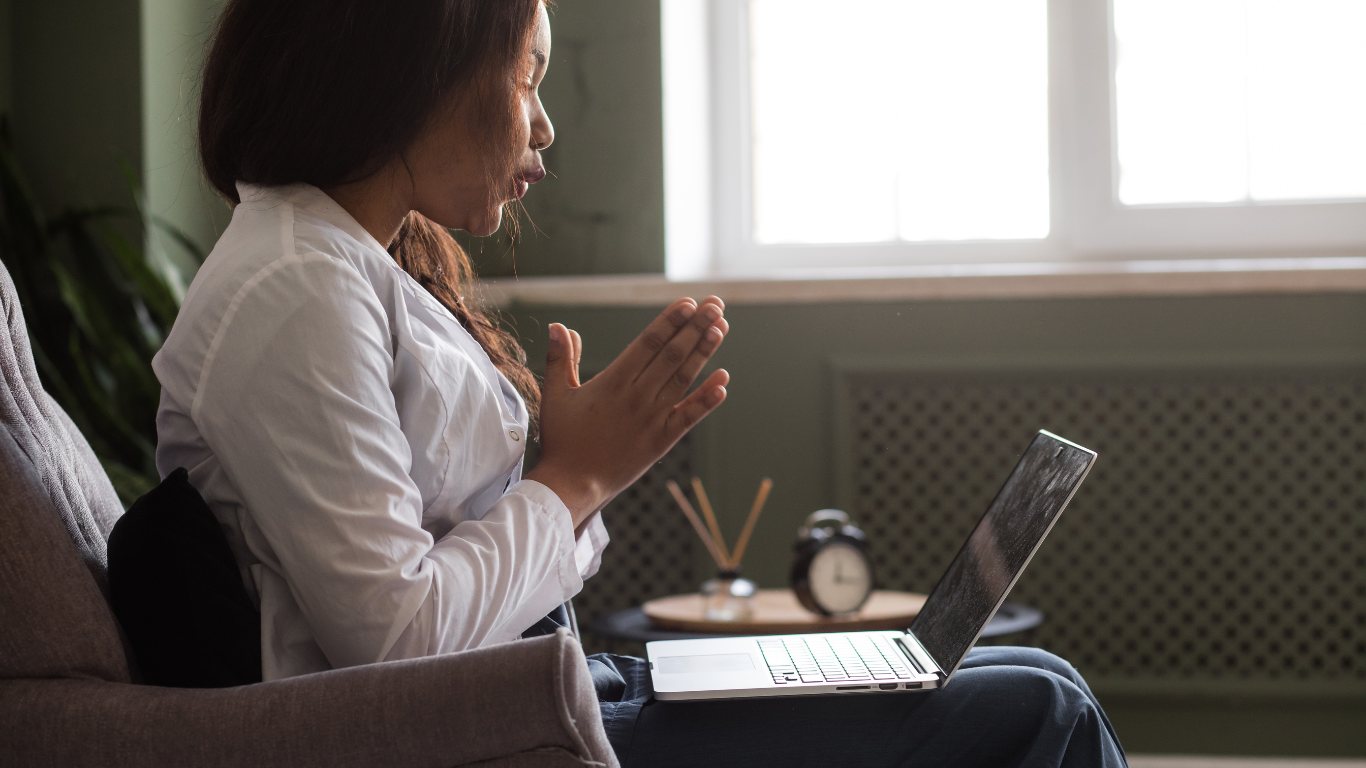What is Meditation

Meditation is an approach to mind training where an individual uses a set of techniques to enhance attention and awareness, and achieve a mentally clear and emotionally calm and stable state. Meditation is to the mind what exercise is to the body. The more one is involved with either, the better they become and the more the benefits that are attained.
Benefits of Meditation
The goal of meditation is just to be in the present. In Buddhist philosophy, the ultimate benefit of meditation is liberation of the mind from attachment to things it cannot control, such as external circumstances or strong internal emotions. The liberated or “enlightened” practitioner no longer needlessly follows desires or clings to experiences, but instead maintains a calm mind and sense of inner harmony. Meditation has been shown to have a wide number of benefits on psychological well-being including:
-
Decrease blood pressure
-
Lower heart rate
-
Improved circulation
-
Lower respiratory rate
-
Decrease cortisol (a stress hormone)
Increase creativity -
Reduce anxiety, depression, sleep problems
-
Strengthen your immune system.
-
More well-being
Types of Meditation
Sitting for prolonged period without thinking of anything but maintaining an “empty mind” can be challenging to think about for a beginner. There are now several tools such as free meditation apps or brain-sensing headbands to help you through this process. In general, the easiest way to begin meditating is by focusing on the breath. Find an approach that resonates and helps you with your approach to meditation. There are several approaches to meditation with two of the most common being concentrative meditation and mindfulness meditation.
-
CONCENTRATIVE MEDITATION
Concentration meditation emphasizes the concentration of attention, focusing on a single point. This kind of meditation involves focusing on a single object such as a sensation of one's breath, or a sound such as a ticking clock, or the repetition in one's mind of a simple word or mantra, or an object such as a burning candle or a painting.In this form of meditation, you simply refocus your awareness on the chosen object of attention each time you notice your mind wandering. Rather than pursuing random thoughts, you simply let them go. Through this process, your ability to concentrate improves.
-
MINDFULNESS MEDITATION
Mindfulness is a type of meditation in which the focus is on being intensely aware of what you're sensing and feeling in the moment, without interpretation or judgment. Practicing mindfulness involves breathing methods, guided imagery, and other practices to relax the body and mind and help reduce stress.Mindfulness meditation helps in seeing how your thoughts and feelings tend to move in particular patterns. Over time, you can become more aware of the human tendency to quickly judge an experience as good or bad, pleasant or unpleasant. With practice, an inner balance develops.
How to Practice
While there are many different forms of meditations and ways to practice, learning a basic meditation for beginners is a great place to begin. Start slow and slowly increase time spent as you get more comfortable with the process. Here are some tips to help when you are beginning mediation:
-
Begin to meditate by learning one simple technique and practicing it every day. Find a method that resonates with you and stick to that as that will make the practice easier and more pleasurable. There is no right or wrong way to do it. You can try to learn to meditate using one of these beginner-friendly meditation apps, follow a youtube video etc.
-
Choose a quiet spot that is free of distractions. Turn off your phone, television, and other distractions. If you choose to play quiet music, select something calm and repetitive.
-
Sit comfortably on a cushion or a chair. Use extra pillows under your knees or anywhere else to make you comfortable. If sitting is uncomfortable or unappealing to you, you may try lying down as long as you can comfortably carry out your meditation practice with as minimal a distraction as possible.
-
Set a digital (non-ticking) timer. Start with five minutes and work your way up to 10, then 15, and eventually 20. It will probably take weeks or months to lengthen the time you practice.
-
Breathe normally through your nose, with your mouth closed. Your eyes can be open or closed. Focus on the breath moving in and out of your nostrils, or on the rise and fall of your belly.
-
Our minds are always busy in conversation and do not stop for meditation. So when your mind inevitably starts wandering just refocus gently on your breath. Avoid stressing about the wandering mind as it happens to everyone. Just refocus. While shutting off your mind is not the goal of meditation, judging the meditative process is not productive.
Final Thoughts
Meditation provides benefits that were not initially the aim of starting meditation in the first place. These added benefits result in better physical and psychological well-being. To achieve these benefits, one must devote some time to it. Practice makes perfect. Aim to practice meditation every day for about six months. Over time, you might find that meditation becomes effortless. Think of it as a commitment to reconnecting with and nurturing yourself.


SITE NAVIGATION
All Rights Reserved | Ovathera


